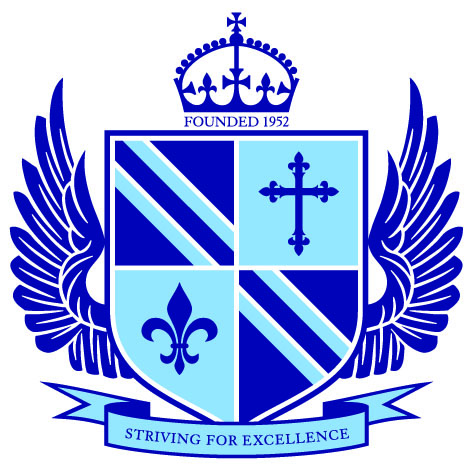Religious Studies A Level
SPECIFICATION LINK: H573
TITLE: OCR Level 3 Advanced GCE in Religious Studies (601/8868/6)
Why study Religious Studies at William Farr?
Studying A level Religious Studies at William Farr School, a Church of England school that places a high value on the subject, offers an enriching opportunity to explore profound philosophical, ethical, and theological questions within a supportive and reflective community. You will be taught by multiple subject specialists who bring a breadth of expertise and enthusiasm to the classroom. Our well-resourced provision includes a dedicated subject library, giving you access to a wide range of texts to support independent study and wider reading.
Throughout the course, our staff will help you develop confident analytical and critical-thinking skills, engage thoughtfully in debate, and craft persuasive, well-reasoned arguments. As a school with strong ties to the Diocese, Religious Studies is embedded within a wider culture that recognises the importance of faith, reflection, and moral understanding.
What will you study?
A Level Religious Studies challenges students to think critically about belief, ethics, and philosophy. In the Philosophy of Religion unit, you will explore ideas from Ancient Greek thinkers such as Plato and Aristotle, Judaeo‑Christian influences, and debates about the nature and goodness of God. Topics include religious experience, arguments for God’s existence, challenges to belief, the problem of evil, religion and science, life after death, and issues of religious language.
The Religion and Ethics unit focuses on major ethical theories including natural law, situation ethics, Kantian ethics, utilitarianism, and virtue ethics. Students will examine ethical language, conscience, free will, and apply these theories to contemporary issues such as sexuality, euthanasia, personhood, and the right to die. In Developments in Christian Thought, you will study human nature, revelation, the nature of Christ, and modern challenges such as secularism, pluralism, and gender in theology and society. Assessment is through three two‑hour exams, one for each unit, with students writing three essays from a choice of four.
Where can Religious Studies lead?
An A Level in Religious Studies develops critical thinking, ethical reasoning, and cultural awareness, making it a pathway to many careers. It provides a foundation for roles such as teaching, ministry, chaplaincy, and academic research, while also opening opportunities in public service and law, including civil service, diplomacy, mediation, and legal professions. Beyond these, it is valued in community work, charity and development roles, and equality and diversity work, as well as in media, business, and communication fields like journalism, marketing, public relations, human resources, and consultancy. Employers appreciate Religious Studies students for their ability to analyse complex ideas, debate ethical issues, and understand diverse perspectives, making them adaptable across professions.
